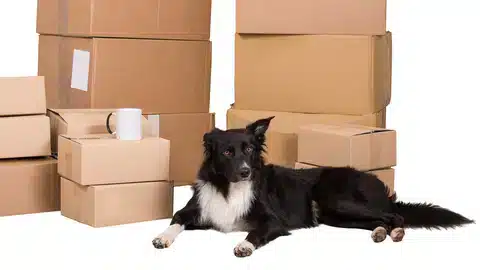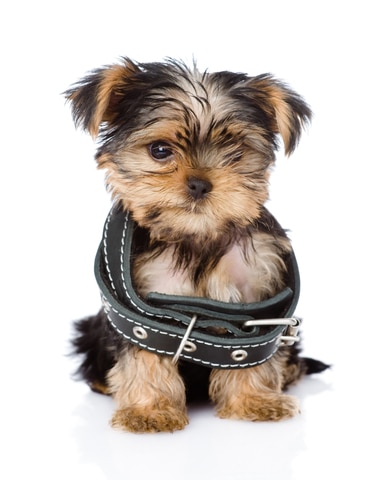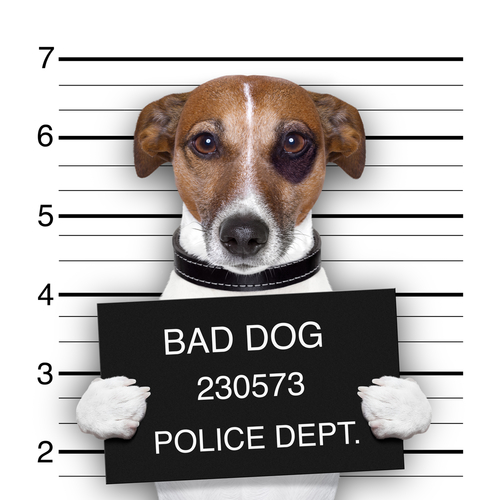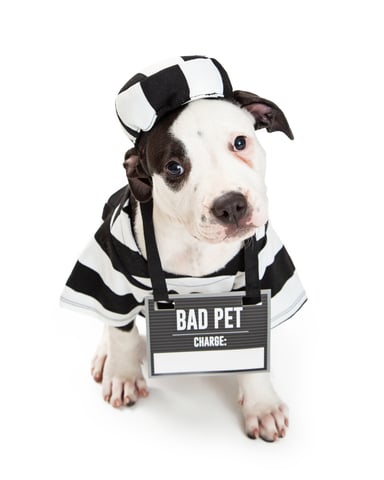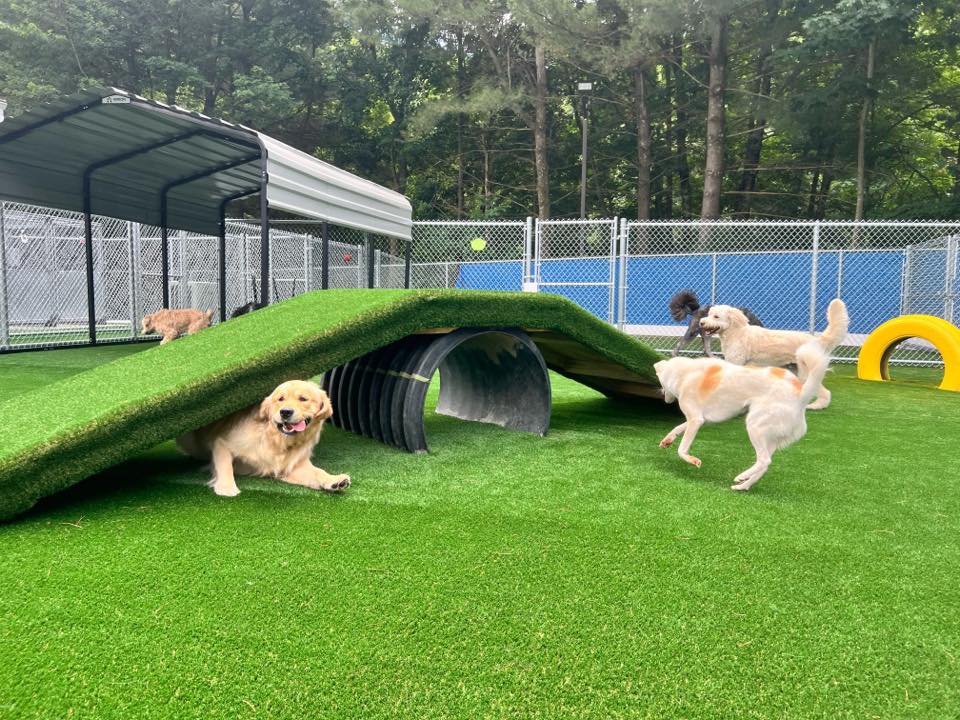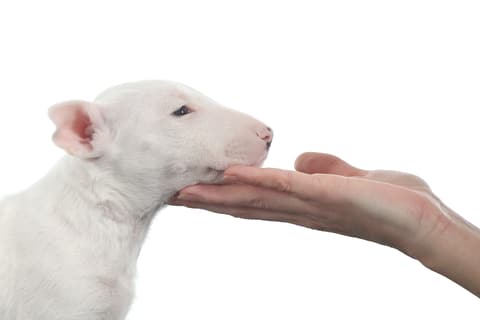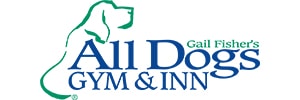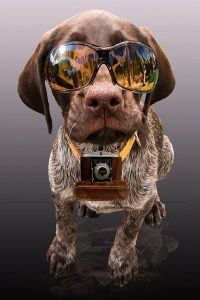Dos and don'ts to protect your dog.
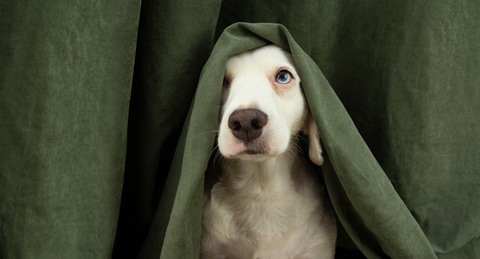
I have no idea what the celebration was a couple of weeks ago in early June, when one of my neighbors set off fireworks. Larry my nine-year-old Chinook is terrified of loud bangs. It is really stressful to him—and his stress stresses me.
Almost every year, usually after seeing a family with a dog at the fireworks, someone will email asking me to remind people to leave the dog at home. Most dogs attending fireworks are clearly terrified, trying to get away from the loud bangs, but can’t. It is truly sad to see.
So in advance of July 4th this year, here’s something I wrote a few years ago on this important topic—what to do and not to do on holidays with fireworks:
My Bearded Collies didn’t love loud noise, although they weren’t as frightened as many other dogs. Fireworks, thunderstorms, cars backfiring, even the crash of a dropped pot are torture to some. A dog that is “sound sensitive” reacts in a fearful manner to loud noises. Some sound sensitive dogs try to hide, others want to climb into their owner’s lap, and still others try to flee, to escape. If you have a sound sensitive dog, you know the agony of his fear.
Sound sensitivity is also called `noise shy’ or `gun shy’. It can be either congenital or environmental. Some noise shy dogs are born that way, while others may undergo a frightening experience connected with a loud noise that thereafter causes them to associate the noise with the fear-producing event.
Regardless of whether a dog is born with sensitivity to loud noises or experiences something upsetting that he or she then associates with noise, there are some do’s and don’ts to make your dog more comfortable during a noisy event. Even dogs that don’t react fearfully to loud noises should be protected as much as possible from the potentially painful effects of noise, especially those as predictable as fireworks on a holiday.
- Don’t take your dog to the fireworks. Even if your dog is not noise sensitive beforehand, experiencing the explosive noise of fireworks can make him so. As painful as the loud booms are to you, your dog’s ears are far more sensitive. A dog doesn’t understand either the noise or what it’s for and truly suffers fear and pain in this situation.
- Do plan ahead before the scheduled fireworks start – dusk in most cases – so you aren’t rushing around at the first loud sound trying to figure out what to do with the dog. It’s too late at that point, and your frantic behavior will only increase your dog’s anxiety.
- Do get an “anti-anxiety wrap” such as a Thunder Shirt for your dog. They help a lot of dogs including Larry. I spray his Thunder Shirt with Lavender essential oil—that’s calming, too.
- Do try to create a light atmosphere. If you’re alone with your dog, try playing a game with him or her, such as fetch or tug. With a dog that is only mildly upset, your light attitude or the relief of playing a game may override the fear. This tactic won’t help dogs that are extremely upset and fearful.
- Don’t get upset about your dog or your dog’s behavior. Your attitude will affect your dog.
- Do play dog-soothing music. If the fireworks are a reasonable distance from your home, you might be able to protect your dog by keeping him in a room away from the noise, and covering the noise with music. There are a number of dog-soothing CDs that truly help, or ask Alexa to play spa music or other calming tunes.
- Do get your dog used to being in a dog kennel or crate long before the noisy event. The vast majority of dogs who are afraid of noises prefer to be in small places when they are frightened such as a closet, under a bed, behind a chair, or even in the bathtub. A dog crate is a comforting thing to a dog that is used to it. When a dog has his own place, at the first sign of anxiety they can go into their safe kennel, and stay there until the storm has passed. Sometimes covering the crate with a blanket or sheet can enhance the cave-like feeling for the dog.
- Do think about alternatives if you live close to fireworks, or in a neighborhood where individuals set off fireworks. Consider boarding your dog for a day or two before the celebration until well after it is over. Inform the boarding kennel operator that your dog is sensitive to noises, and he or she will do their best to protect your dog from noise.
- Don’t give human tranquilizers to a dog. Many people have had success giving their dog six to nine milligrams of Melatonin (a calming hormone that many use as a sleep aid). A few drops of Rescue Remedy (available at health food stores) can also help. When in doubt, talk to your veterinarian.
